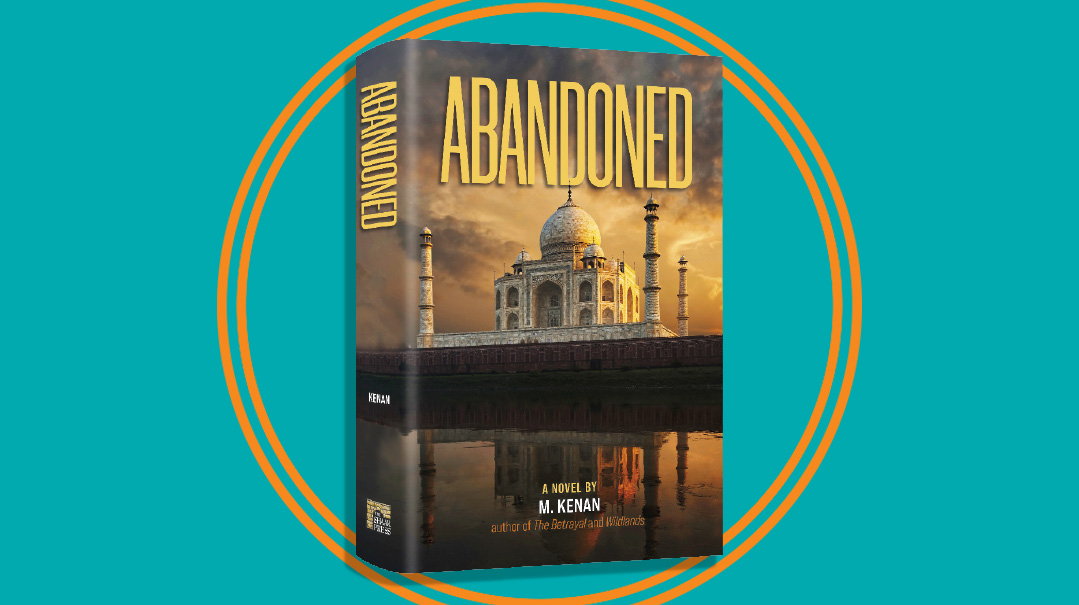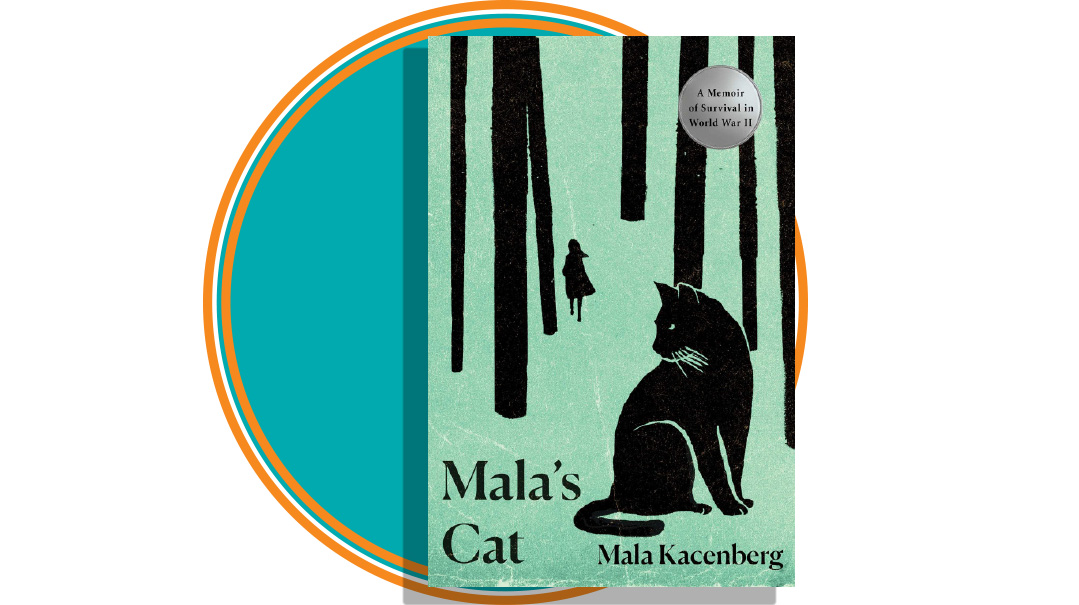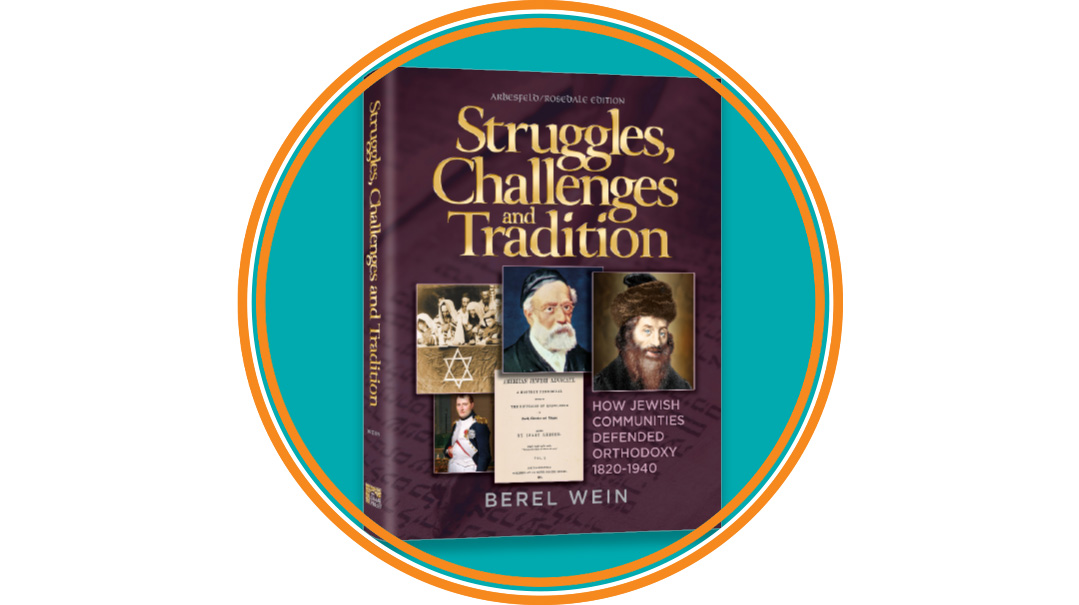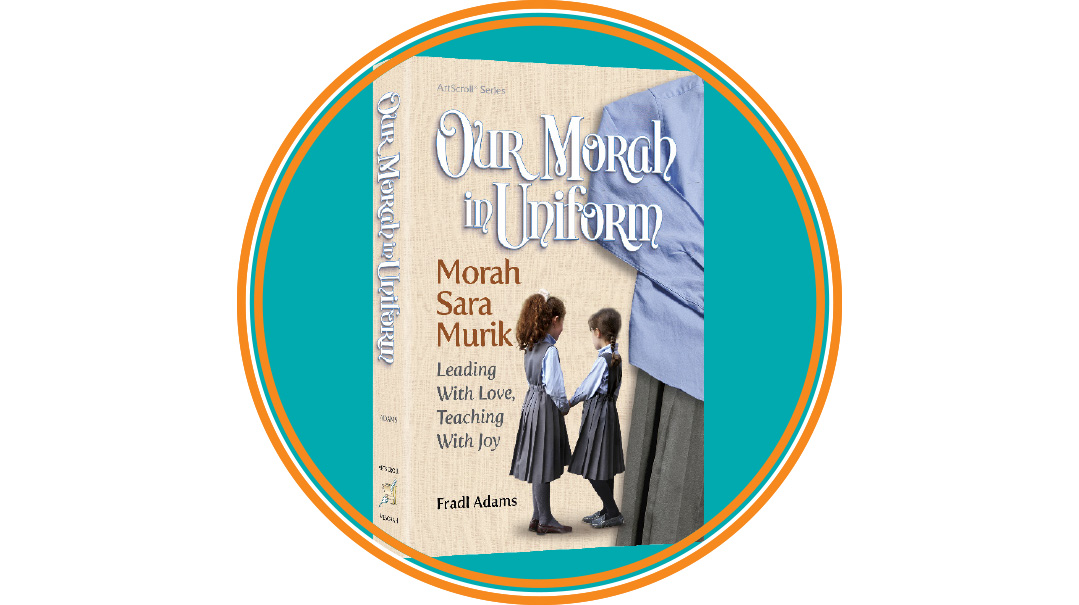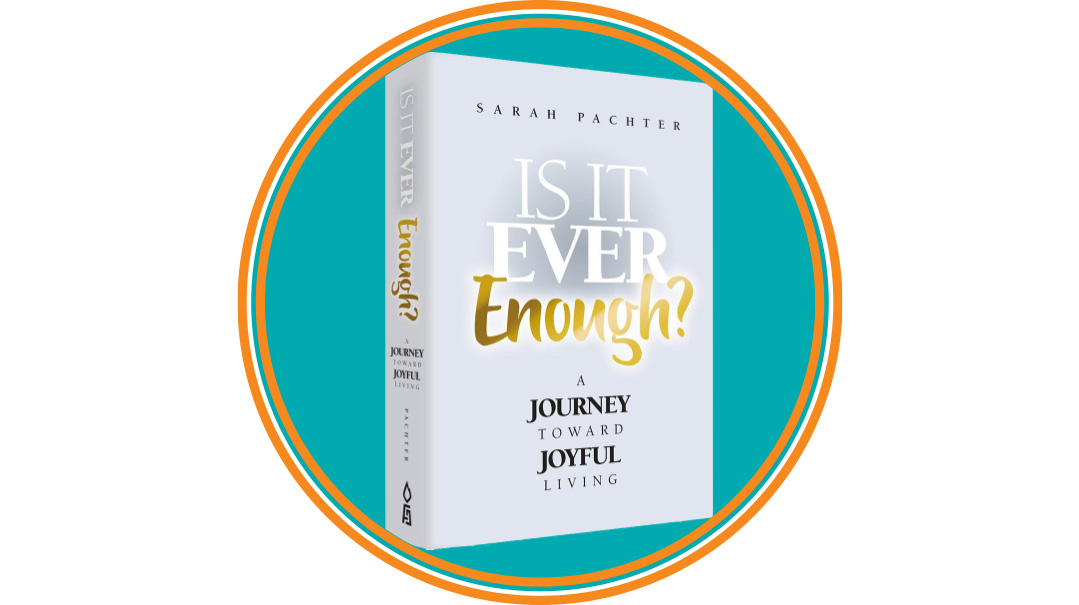My Sister in China
| August 17, 2021This is my family’s true story, although I have presented it in fiction form
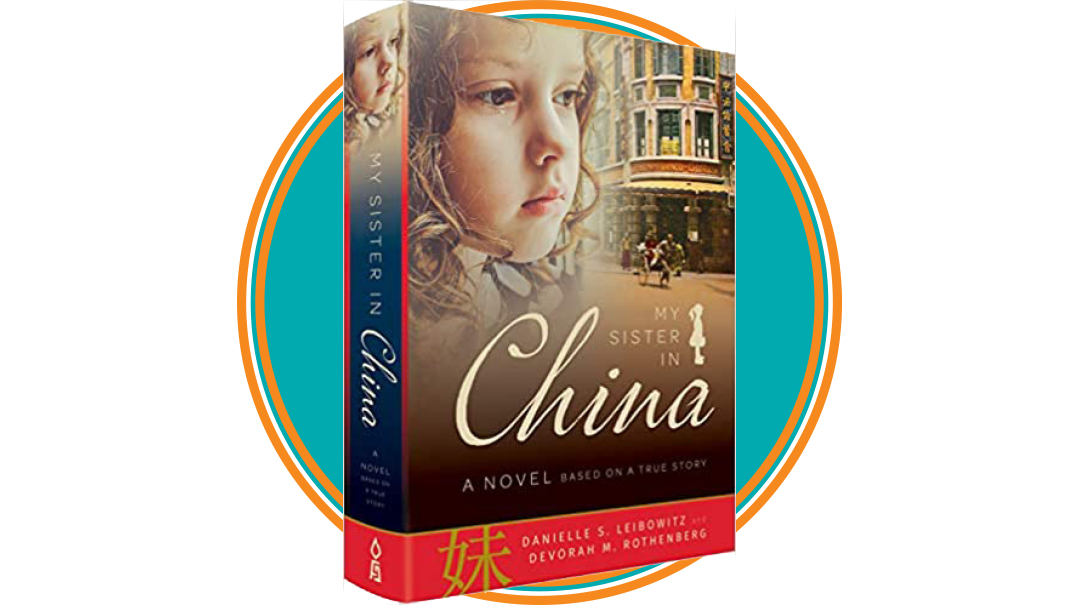
Book: My Sister in China
Author: Rebbetzin Danielle S. Leibowitz, together with her daughter, Devorah M. Rothenberg
Publisher: Feldheim
The book in two lines
A fictionalized account of the true story of a family’s separation and reunification with a daughter. Monique’s childless sister, Francine, takes Monique’s daughter Collette from France to China against the family’s wishes. Illness and World War II prevent them reuniting, and Collette grows up very differently than her Orthodox siblings. Can they ever rise above the rift, and can Monique forgive her sister?
The author in three lines
Rebbetzin Leibowitz moved with her family to New York from France shortly before World War II began. A graduate of Bais Yaakov Seminary and Hunter College, she taught secular studies for many years. More recently, as a great-grandmother several times over, Rebbetzin coauthored a biography of Rebbetzin Vichna Kaplan with Devora Gliksman. Her first husband was Rabbi Yehuda Cohen ztz”l, principal of Yeshiva of Eastern Parkway. She later remarried Rabbi Henoch Leibowitz ztz”l, Rosh Yeshivah of Yeshivas Chofetz Chaim in Queens.
Your writing space
Since 2005, I live in the building of Yeshiva Chofetz Chaim in Queens, where my husband was the rosh yeshivah. I work on a computer table in the Rosh Yeshivah’s study. Everyone laughed when I was busy writing my first book, but now that it’s in stores, they take me seriously.
Why did you decide to write this book?
This is my family’s true story, although I have presented it in fiction form. The reason I decided to write it — after all these years — is that I’d just written the book on Rebbetzin Vichna Kaplan and found myself in a writing mood. One book led to another.
Also, people were curious. Whenever I mentioned that I had a sisterwho grew up in China, listeners assumed I meant Shanghai. But Tientsin, where my sister Collette lived, was an entirely different world. One of my grandchildren once wrote this story up for a school assignment on family history, and the teacher couldn’t imagine it was true. My daughter got a call from the principal, and had to verify it. I realized this was a story that should be told.
A family effort
My memories of France are very vague, so I got many of the details from my older sister. Sometimes, I kind of knew what had happened, but I didn’t know if what I “remembered” was really accurate. My sister was niftar a couple months after the book was released.
How do you write a book together with someone else?
My daughter lives in Toronto; I live in Queens. I emailed each chapter to her, and she redrafted it. There was a point when we had 88,000 words of a book, and I said to her, “We got to come up with another 20,000,” because Miriam Zakon had told me that a novel has to hit 100,000 words. My daughter encouraged me to add more fiction, and I made up some material, like the chapter about our family trip to Niagara Falls, which is historically accurate even though it didn’t actually happen.
How did you become a writer?
It bothered me that no biography had been written about Rebbetzin Kaplan. Although I graduated elementary school planning to attend a co-ed high school and have a good time, I ended up at Bais Yaakov in Williamsburg, in the fourth graduating class.
I was a somewhat rebellious teenager, but Rebbetzin Kaplan never tired of telling me how nice and good and wonderful I was, and she ended up brainwashing me. I always felt that without Vichna Kaplan, Bais Yaakov would not have been rebuilt on American shores, and that her input was under-recognized.
I planned to gather the material about my beloved principal, and get someone else to write the book. My first choice was Rabbi Paysach Krohn. He said to me, “You have the material, so what’s the problem? Sit down and write!” I asked Rabbi Yisroel Besser, whose writing I admire, but he couldn’t take on the project. So eventually, I sat down to write myself. I owed it to the Rebbetzin, and it was a labor of love. I wrote and wrote, and then submitted it. Originally, Libby Lazewnik helped me along, and Miriam Zakon and Rabbi Sherman also offered tremendous encouragement. Then Devora Gliksman came on board and really took it to a whole new level. Her guidance and assistance were invaluable for this book as well. And the Feldheim staff put the finishing touches on both books.
Did writing your own story involve research?
Sure. I had to research all the travel realities of the time. My aunt and sister traveled on the trans-Siberian railway, which transported them almost all the way from France to China by rail. That was fascinating to learn about. My family came to America on the Normandy, but all I actually remember are the “Punch and Judy” puppet shows and the pigeon served for dinner. I had to research the rest. Also, as my daughter kept reminding me, the history had to be accurate in the background even though the book is officially fiction.
The hardest part to write
The emotional parts. For example, there was the last time Collette left to China. She was supposed to come home from school with my sisters, but my aunt had taken her — basically kidnapped her. My mother considered calling the French police to report it, but she was persuaded not to by the Rav. I wasn’t born yet, but my three siblings all had different versions of this traumatic event. That and some other parts were very painful to write.
What would you like your reader to walk away with?
The realization that we live in an imperfect world. Only HaKadosh Baruch Hu is perfect. We spend a lot of time bemoaning what can’t be changed, but we have to accept what He gives and think of the glass as half full. He gives us so much. He has now taken my sister, but I have very wonderful memories. We can’t complain.
My mother’s ability to forgive her sister is also a big theme of the book. Her sister had wronged her terribly, but she accepted Hashem’s plan, and they were always best of friends.
What advice would you give your younger writing self?
“Don’t get discouraged — keep going and get to 100,000 words.”
(Originally featured in Family First, Issue 756)
Oops! We could not locate your form.


